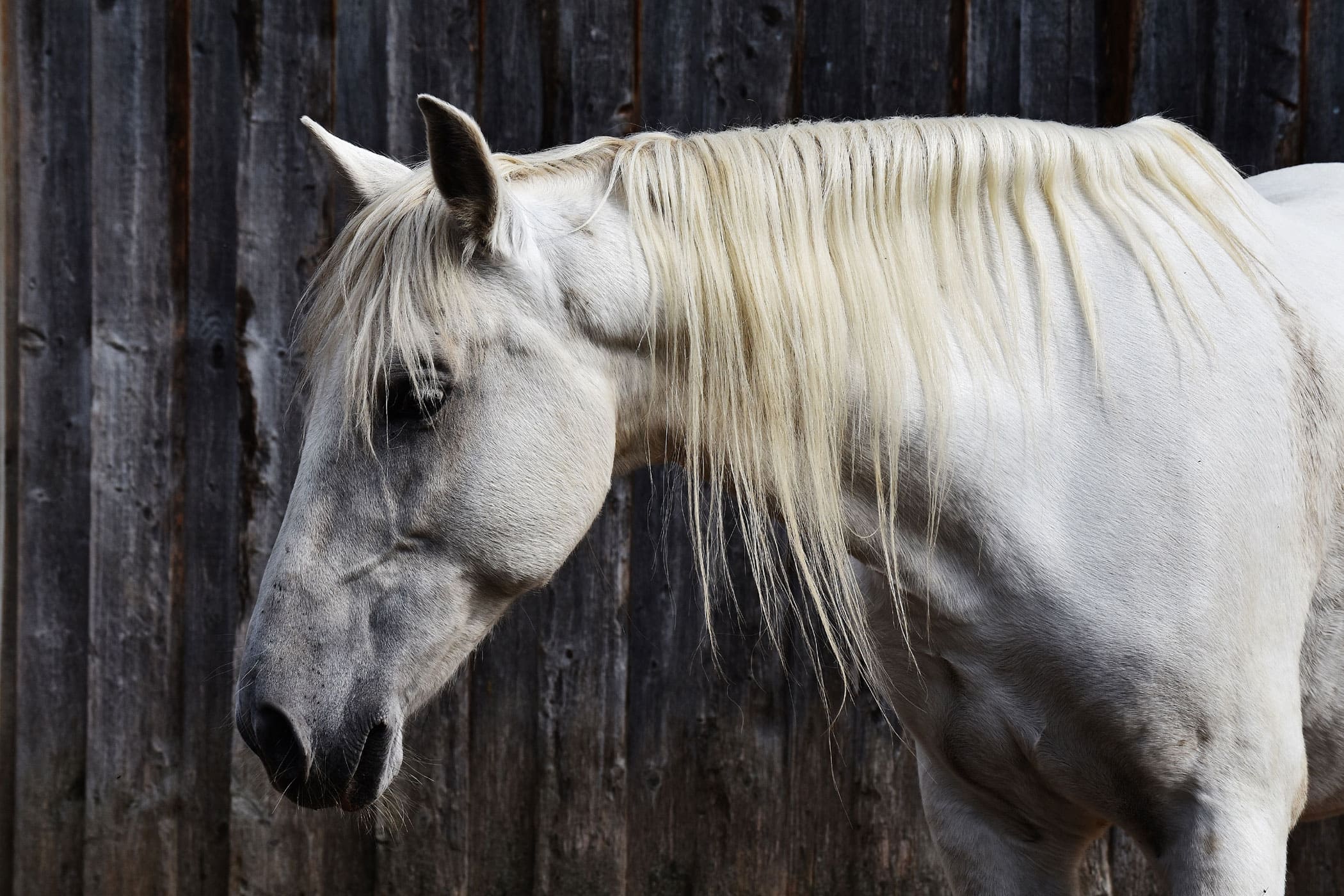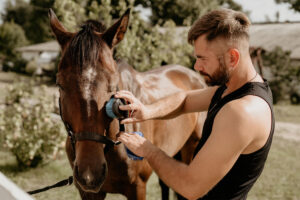
When it comes to horse behavior, mares can sometimes present unique challenges for their owners. Understanding and addressing these behavioral issues is essential for maintaining a harmonious and productive relationship with your mare. In this article, we will explore some common behavioral problems exhibited by mares and provide practical tips to manage and correct them effectively.
When it comes to dealing with challenging horse behavior, employing effective strategies can make all the difference in fostering a positive and cooperative relationship with your equine companion. Understanding horse behavior is key to addressing challenges successfully. By observing and interpreting their body language, you can gain insights into their emotions and intentions. Consistency in training methods and setting clear boundaries will help establish trust and respect between you and your horse.
Positive reinforcement techniques, such as rewarding desired behaviors, can be highly effective in shaping their responses. Additionally, providing a well-structured and stimulating environment, along with ample exercise and socialization opportunities, can contribute to a calmer and more balanced horse. Seeking guidance from experienced trainers or equine behaviorists can also offer valuable insights and support in dealing with specific challenges. By implementing these strategies and being patient and understanding, you can overcome challenging horse behavior and build a strong partnership based on trust and mutual respect.
Recognizing the Signs:
It is crucial to recognize the signs of challenging behavior in mares early on. These signs may include biting, kicking, bucking, refusing to cooperate, or displaying excessive aggressiveness. By identifying these behaviors, you can begin addressing them promptly and prevent them from escalating into more significant issues.
Addressing Hormonal Changes:
One of the primary factors contributing to challenging behavior in mares is hormonal changes. Mares experience regular estrous cycles, which can result in mood swings and heightened sensitivity. Understanding your mare’s estrous cycle and adapting your training and management techniques accordingly can greatly alleviate behavioral issues associated with hormonal fluctuations.
Consistent Training:
Consistency is key when it comes to training mares with behavioral problems. Establishing a clear set of rules and expectations and adhering to them consistently will help your mare understand boundaries and develop respect for you as the handler. Positive reinforcement techniques, such as reward-based training, can also be highly effective in shaping desired behaviors.
Mares are sensitive creatures, and their behavior can be influenced by their environment. Providing a calm, stable, and well-structured environment can contribute to minimizing behavioral problems. Adequate turnout time, appropriate socialization with other horses, and a balanced diet can all contribute to a mare’s overall well-being and positively impact her behavior.
Seeking Professional Assistance:
If you find that your mare’s behavioral issues persist despite your best efforts, it may be beneficial to seek professional assistance. Consulting with an experienced equine behaviorist or trainer can provide valuable insights and guidance specific to your mare’s needs. They can help identify underlying causes, design a customized training program, and offer hands-on support to address the behavioral challenges effectively.
Patience and Time:
Dealing with challenging behavior in mares requires patience and time. Behavior modification is a gradual process, and it is important to remain calm, consistent, and persistent in your approach. Remember that each mare is an individual, and what works for one may not work for another. By investing time and effort into understanding your mare’s unique needs and working towards a solution, you can foster a healthier and more positive relationship.
Conclusion: Addressing challenging horse behavior in mares requires a proactive and understanding approach. By recognizing the signs, adapting to hormonal changes, maintaining consistent training, creating a suitable environment, seeking professional help when necessary, and practicing patience, you can effectively manage and correct behavioral issues in your mare. With time and effort, you can build a strong bond and achieve a rewarding partnership with your equine companion.






